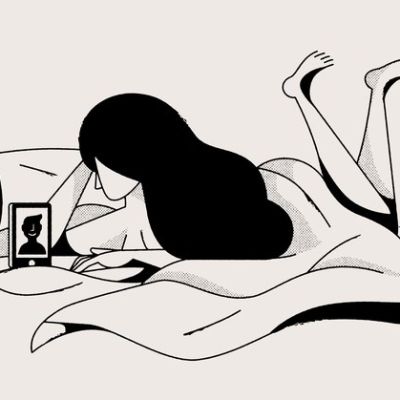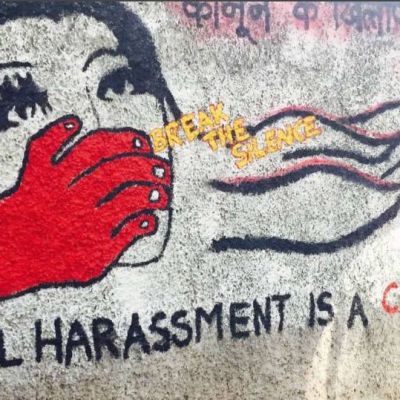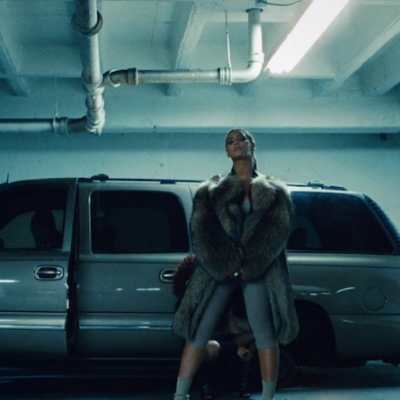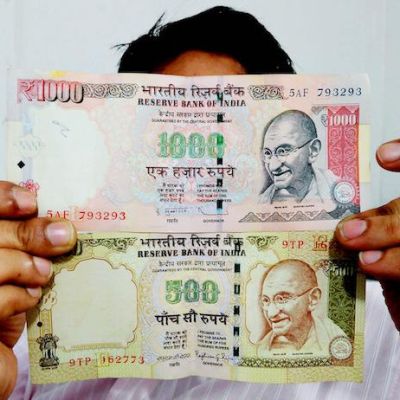Categories
फोटोग्राफ़र लॉरा डे रेनल ऐसे संगठनों की कोशिशों को कैमरे में क़ैद कर रही हैं, जो लोगों को पहली बार…
By: Amla Pisharody In August 2016, APC along with some activists and feminists which also included Feminism in India revised and…
अगर इन्टरनेट न होता, तो मुझे लगता है कि मैं खुद में बहुत ही असुरक्षित महसूस करती। इस बात से…
किशोरों के जीवन में यौनिकता और रोमांस के अनुभवों में अक्सर उनके और उनके परिवार के लोगों के बीच मोलभाव…
Generations come and go but the quest for love remains eternal. In the early 2000s, most of us millennials were…
The promises of the Internet are, of course, highly contextual. The Internet will mean very different things to a person who has access to their own mobile phone in a city with a reliable and affordable broadband or WiFi connection, as compared to someone who does not have access to a reliable Internet connection or who is unable to go to a shop to exchange downloaded songs and clips through an SD card.
In fact, the Internet actually allows adolescents access to a wide range of information including on sexual health. A 2015 study by Marie Stopes International[2] (an organisation that provides contraception and safe abortion services) found that the main source of information on sexual health among adolescents is the Internet.
Relationships that begin online are like all others – they begin, they develop, and sometimes they end. But what if you could find the perfect partner online?
Sexual violence is a global pandemic affecting one in three women at least once in their lifetime. The statistics in India are equally shocking. National Crime Records Bureau statistics of 2014 indicate that a rape occurs every 20 minutes in India.
All this online dating activity must surely produce amusing stories. It was with this thought that Mumbai-based writer and illustrator Indu Kumar set about her art project #100IndianTinderTales.
Aspects of sexuality such as aesthetic taste, body image, sexual orientation, desires and aspirations, self-esteem, gender expression, reproductive choices, and more, are all interdependent with the impact of money in our lives and that of those around us. Indeed, our systemic relationship with money has a direct influence on how we ‘value’ ourselves.
The disruptions in sex work due to demonetisation were not merely about the cash crunch though. Probing deeper, the real problems were to do with a breakdown in the rituals of soliciting, and what it meant behaviourally for the women.
The bill exhibits a lack of understanding of agency which ought to be given to a woman; that a woman should be able to make decisions when the question is with regard to her body. There is no need for the State to be the Big Brother.
From my experience of being at the receiving end of this snap judgment of desirability, and seeing what a loss it is of getting to know people as persons instead of cardboard images, I realise how unjust this approach is towards seeking companions (which doesn’t necessarily mean romantic partners). This is not how I would want to be seen. I have been missing out on a lot of sexual, emotional and intellectual stimulation by reducing a person’s attractiveness to these notions.
सम्पादकीय नोट : इस लेख का पहला भाग अप्रैल के पहले संस्करण में प्रकाशित हुआ था सेक्स वर्कर के अधिकारों…















